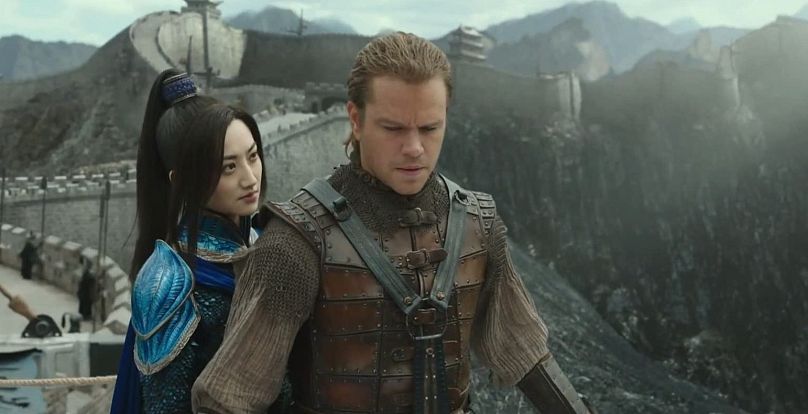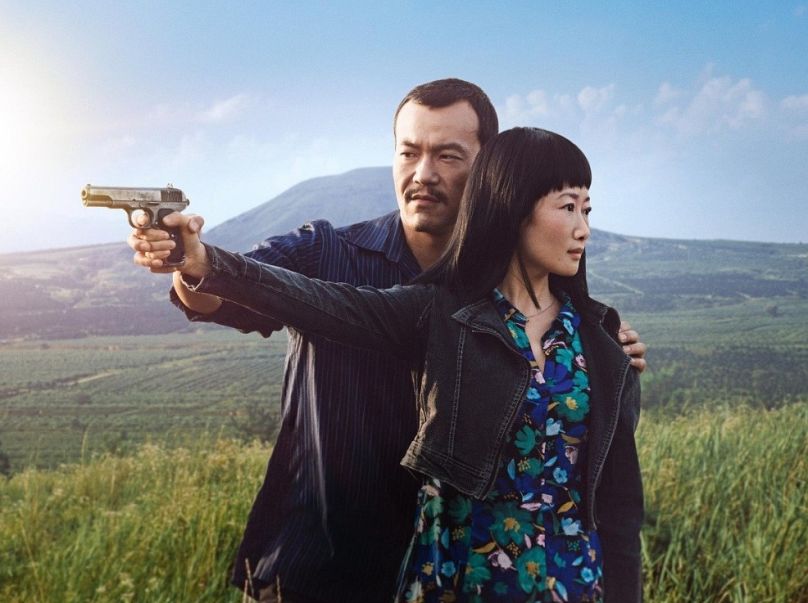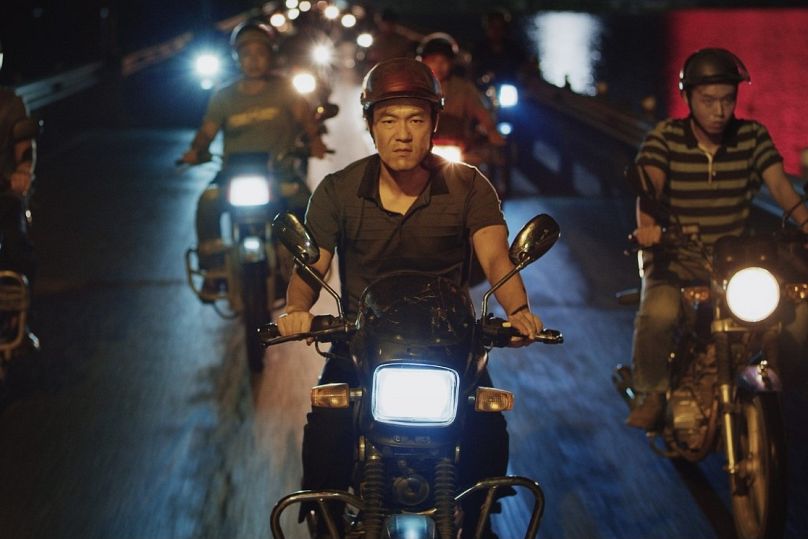On this day, Xi Jinping was elected President of the People's Republic of China. In the decade since, we look at how Chinese cinema has changed.
14 March 2013: Xi Jinping is appointed President of China
It is the 10th anniversary of the day Xi Jinping became the President of the People’s Republic of China.
Xi had already succeeded Hu Jintao to become General Secretary of the Communist Party in 2012, making him the de facto political leader of China. His election as President and head of state of the country enshrined his position as the most powerful figure in Chinese politics.
In the decade since Xi became President, he has entrenched himself within the Chinese political system, removing term limits in 2018. The past decade for China has been defined by increased GDP and average income for the population. However, it has also been defined by an increasingly strict approach to population surveillance, controversy over its handling of the Covid-19 pandemic, and criticism for the treatment of the Uyghur Muslim ethnic minority.
Xi’s status as a lifetime leader will also have had reverberations through the culture industry in China. Today’s Re-View is focused on how Chinese cinema has changed in the past decade.
The legend
In the 1980s, a cohort of bold new filmmakers emerged in China called the 'Fifth Generation', presenting critical films that brought Chinese cinema to worldwide audiences. One of the key names involved in that era was Zhang Yimou.
Zhang’s complex life studies in 1991’s Raise the Red Lantern and 1994’s To Live showed a director able to take an uncompromised look at Chinese society. To Live was initially banned from Chinese cinemas, but won the Jury Prize at Cannes.
Throughout the early 2000s, Zhang pivoted to martial-arts historical (Wuxia) films such as Hero and House of Flying Daggers. However, his output during the Xi years has been far less acclaimed.
Zhang’s schlocky The Great Wall in 2016 confusingly starred Matt Damon and was a critical failure and a box office bomb against its $150 million budget.
The new blood
For truly great modern Chinese films, the so-called “Sixth Generation” has brought far more exciting pieces. Jia Zhangke has found global attention for his comparatively low-budget and slow-paced studies World and Still Life in 2004 and 2006 respectively.
Jia’s most recent film 2018’s Ash is Purest White took a different turn, following a female gangster leaving prison as she comes to terms with a world that has left her behind. It’s a brutal-yet-honest look at lower class life in China.
Following similar gangster-themed motifs is Diao Yinan whose films Black Coal, Thin Ice and The Wild Goose Lake are China’s answer to a modern day Martin Scorsese or the Safdie brothers.
Finally, no list of contemporary Chinese film is complete without recognising the huge impact of Wang Xiaoshuai. His astounding 2019 film So Long, My Son creates a picture of China’s vast cultural, political and financial changes across the backdrop of familial grief and healing.
The populist
While the aforementioned directors have had great success with their films among international critics, it would be wrong to ignore the huge success domestic blockbusters can have within China’s own borders.
2021’s The Battle at Lake Changjin is a historical war film depicting the national army’s efforts to force a US withdrawal during the Korean War. Commissioned by the Chinese Communist Party as part of its centenary celebrations, it has been criticised as a propaganda film with historical inaccuracies.
But in China, it saw great success at the box office. With a total gross of CN¥5.78 billion (around €786 million), it is the highest grossing Chinese film of all time.














